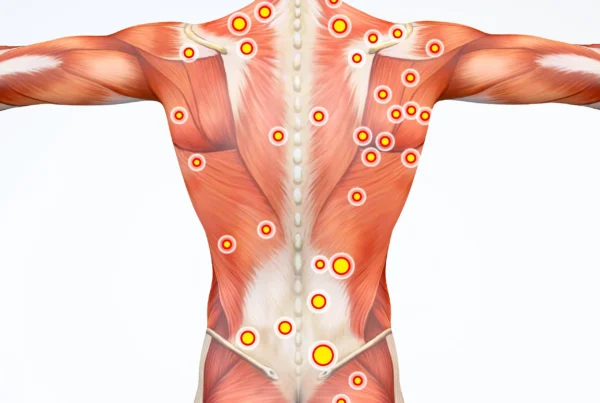What is multiple sclerosis (MS)?
Multiple sclerosis (MS) is a chronic illness that affects your central nervous system. Your nerve cells are surrounded by a layer called myelin. Myelin protects your nerves and helps them send signals quickly from your brain to the rest of your body. In MS, your immune system attacks the myelin layer and damages it. This causes your nerves to become exposed and scarred. As a result, your nerves can’t send signals around your body properly. MS is 3 times more common in females and usually starts between age 20 to 40.
What are the different types of multiple sclerosis?
Relapsing-remitting MS (RRMS)
This is the most common form of MS.
New symptoms appear, or existing symptoms worsen over a period of days, weeks or even months. This is known as a relapse. It is followed by a partial or complete recovery, known as remission. In RRMS this pattern continues, with relapses followed by periods of remission.
Primary progressive MS (PPMS)
About 1 in every 10 people with MS are diagnosed with PPMS. In this type, symptoms become gradually worse from the start of the illness, with no separate attacks or periods of remission. There can be times when your symptoms are stable and don’t get worse or better.
Secondary progressive MS (SPMS)
This is a later stage that follows RRMS. In this form, after years of having RRMS, your symptoms become gradually worse, without remission.
Clinically isolated syndrome (CIS)
This is where you have one episode of MS symptoms and then recover. The episode lasts days or weeks.
Usually, you need at least 2 episodes of symptoms to be diagnosed with MS. Many people with CIS will eventually have more episodes and be diagnosed with MS.
What are the symptoms of multiple sclerosis?
- Symptoms of MS depend on which part of your central nervous system is affected and how much damage has occurred.
MS can cause problems with controlling your body, such as:
- muscle cramps and stiffness
- weakness
- tremor (shaking)
- loss of coordination and balance
- trouble with talking and swallowing
- Vision problems are very common. You might notice blurred or double vision, blind spots or changes in how colors look.
Other common symptoms include:
- Tiredness
- Vertigo
- Unusual sensations — such as pins and needles, nerve pain and sensitivity to heat
- Bladder and bowel problems — such as incontinence, diarrhea and constipation
- Problems with sexual function
- Changes in memory, concentration or thinking
- Depression and anxiety
What causes multiple sclerosis?
The cause of MS is not known, but there are several factors that make you more likely to develop MS. These include:
- having a close relative with MS or another autoimmune illness
- low vitamin D levels
- living further away from the equator — possibly because this usually means you have a lower level of vitamin D
- previously having Epstein-Barr virus (glandular fever)
- smoking
living with obesity
How is multiple sclerosis diagnosed?
Your doctor will refer you to a neurologist. They will examine you to check how different parts of your nervous system are working.
A combination of tests is used to diagnose MS. The best test is an MRI of your brain and spinal cord to detect areas of damage. You might also need to have blood tests, a lumbar puncture and tests to measure nerve activity.
It can be hard to reach a diagnosis because there is no single test for MS. You will be diagnosed with MS if there is evidence of damage in different parts of your central nervous system, at different times, with no explanation other than MS.
How is multiple sclerosis treated?
There is currently no cure for MS, but there are treatments that can help. The best medicine for you depends on the symptoms and type of MS you have. Talk to your neurologist about the right combination of treatments for you.
It’s especially important to talk to your neurologist if you are planning a pregnancy. They can talk to you about your chance of a relapse and make sure your treatment is safe for your baby.
Disease modifying therapies
Disease modifying therapies, or immunotherapies, are medicines that target your immune system. They make relapses less frequent and severe, with less damage to the myelin layer.
These medicines are usually used for people with relapsing-remitting MS. They can slow down or prevent RRMS developing into SPMS. However, they can have significant side effects.
Treatment for relapses
Steroid medicines reduce inflammation in your central nervous system. If you have a relapse of MS, they can make your symptoms less severe.
Symptom relief
There are medicines available that can ease many symptoms of MS, such as muscle stiffness, pain, bladder or bowel problems, tiredness, depression and anxiety.
Other treatments may include:
- Regular exercise can improve a wide range of symptoms
- Remedial Massage
- Physiotherapy for muscle problems
- Continence products






